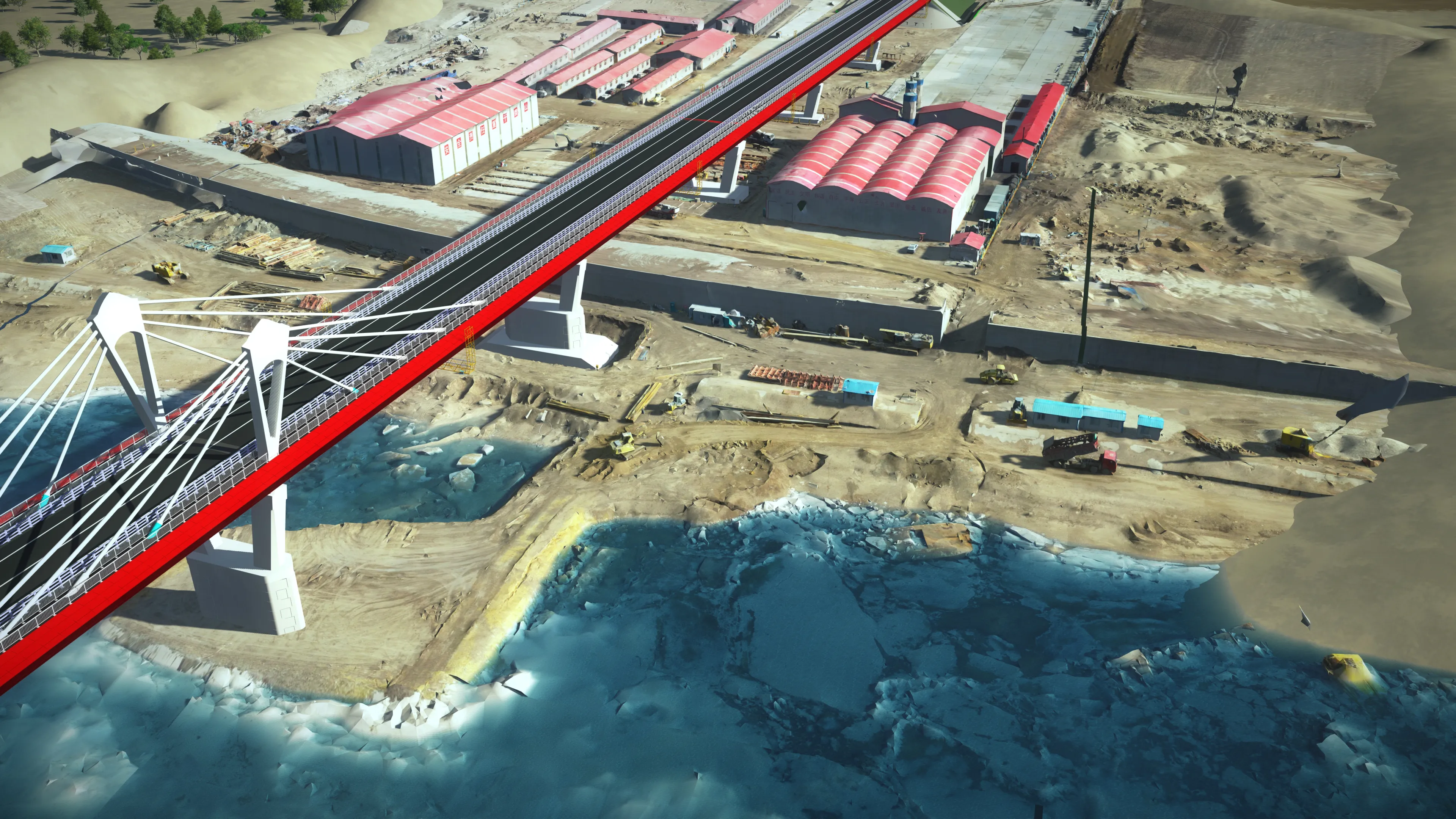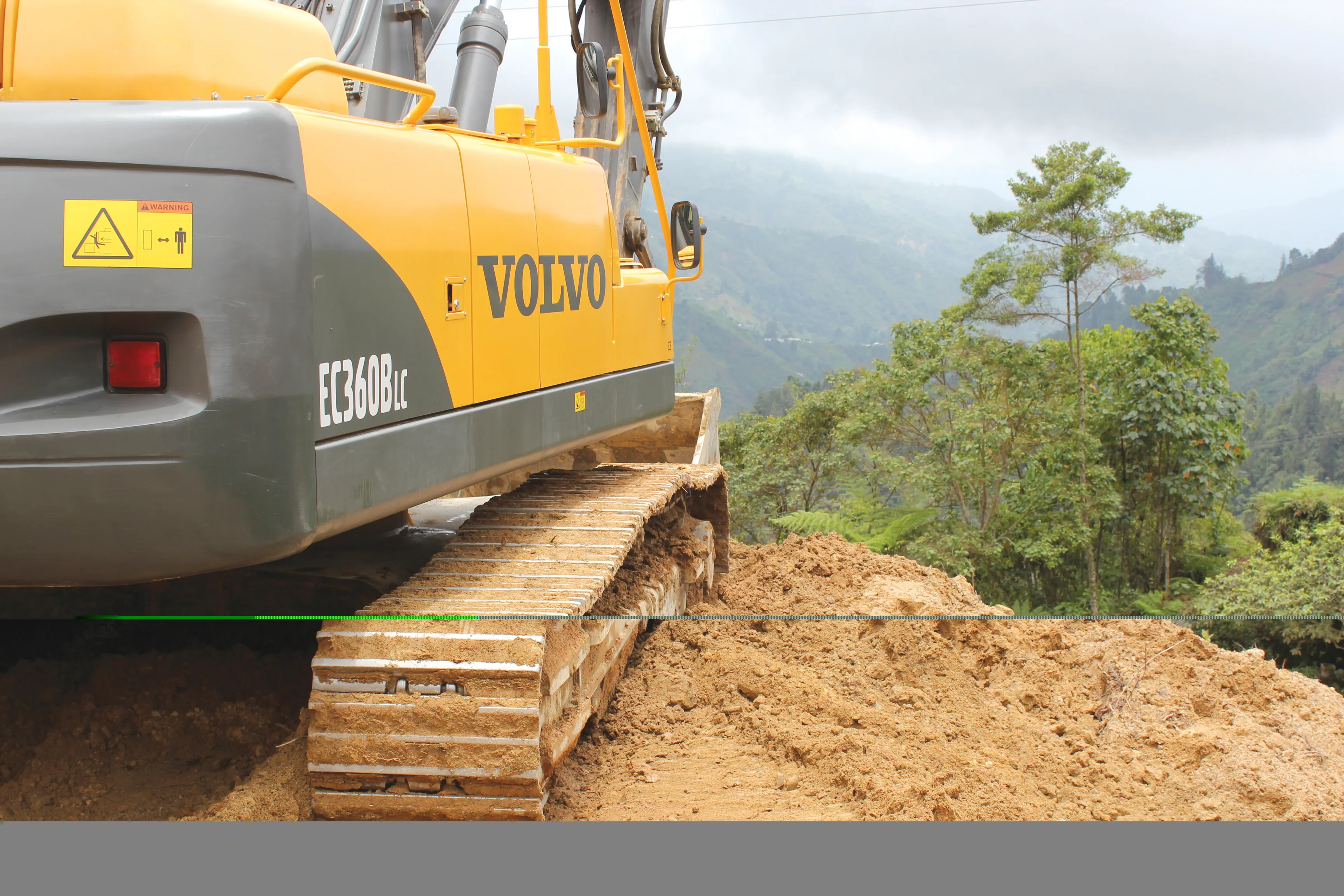Talks between the Chinese Development Bank and the Serbian Government could result in Chinese funding for Serbian highway projects. The Danube coast project and the Corridor 11 highway project have been identified. Some €400-€450 million of Chinese financing could be made available to Serbia for highway projects following the most recent series of discussions. Serbia’s Ministry for Transport is also in talks with Chinese partners for the construction of a series of highway projects.
September 27, 2012
Read time: 2 mins
Talks between the Chinese Development Bank and the Serbian Government could result in Chinese funding for Serbian highway projects. The Danube coast project and the Corridor 11 highway project have been identified. Some €400-€450 million of Chinese financing could be made available to Serbia for highway projects following the most recent series of discussions.
Serbia’s Ministry for Transport is also in talks with Chinese partners for the construction of a series of highway projects. These include 100km of the Belgrade-Cacak, Belgrade-Obrenovac, Preljina-Ljig and Lajkovac-Ljig highway projects, as well as the 100km Pojate-Preljina project.3366 China Road and Bridge Corporation (CRBC) is the contractor showing strongest interest in the Pojate-Preljina regional highway, while a loan for the project may well come from China's Exim Bank with a repayment period of 18 years.
Serbia’s Ministry of Transport has been carrying out extensive research into the cost of highway construction in the country, with huge variations depending on topography and geology. The Serbian Ministry of Tranport has reported that the cost of construction of highways in Vojvodina county ranges from €1.5-€2.5 million/km, while in Grdelicka Klisura costs range between €10 million and €15 million/km.
Meanwhile, in the mountainous terrain between Ljig and Cacak highway construction costs around €7.5 million/km. However, the straight highway section from Obrenovac-Ljig is also costing around €7.5 million/km. Serbian contractors are building the 12km stretch of highway from Ub-Lajkovac for around €5.8 million/km.
Serbia’s Ministry for Transport is also in talks with Chinese partners for the construction of a series of highway projects. These include 100km of the Belgrade-Cacak, Belgrade-Obrenovac, Preljina-Ljig and Lajkovac-Ljig highway projects, as well as the 100km Pojate-Preljina project.
Serbia’s Ministry of Transport has been carrying out extensive research into the cost of highway construction in the country, with huge variations depending on topography and geology. The Serbian Ministry of Tranport has reported that the cost of construction of highways in Vojvodina county ranges from €1.5-€2.5 million/km, while in Grdelicka Klisura costs range between €10 million and €15 million/km.
Meanwhile, in the mountainous terrain between Ljig and Cacak highway construction costs around €7.5 million/km. However, the straight highway section from Obrenovac-Ljig is also costing around €7.5 million/km. Serbian contractors are building the 12km stretch of highway from Ub-Lajkovac for around €5.8 million/km.









